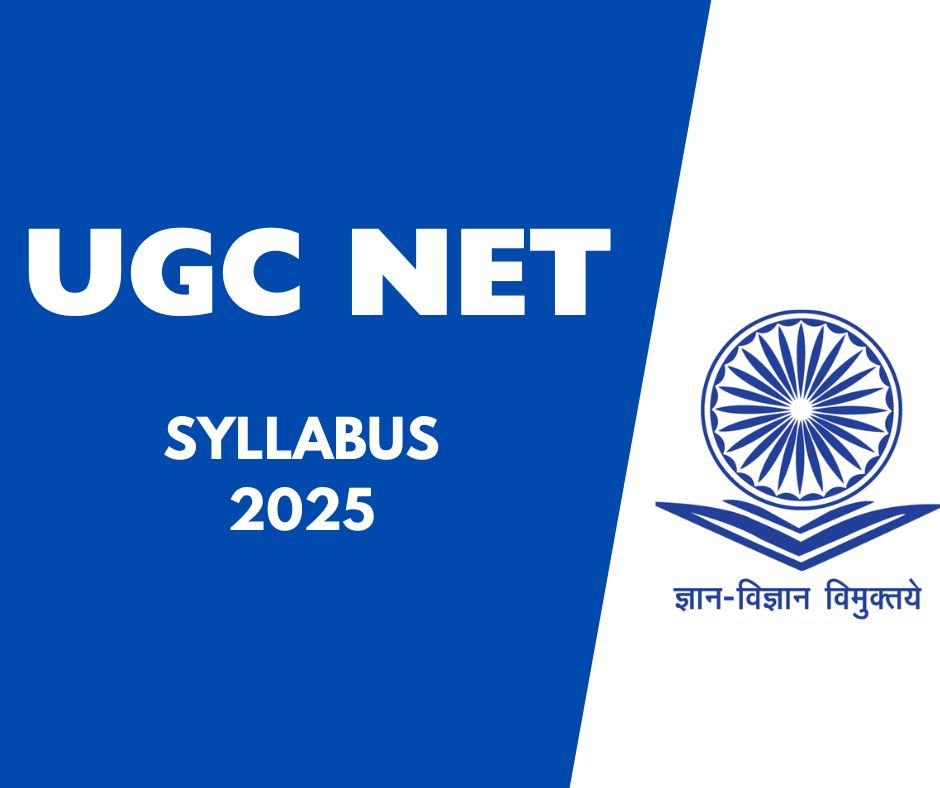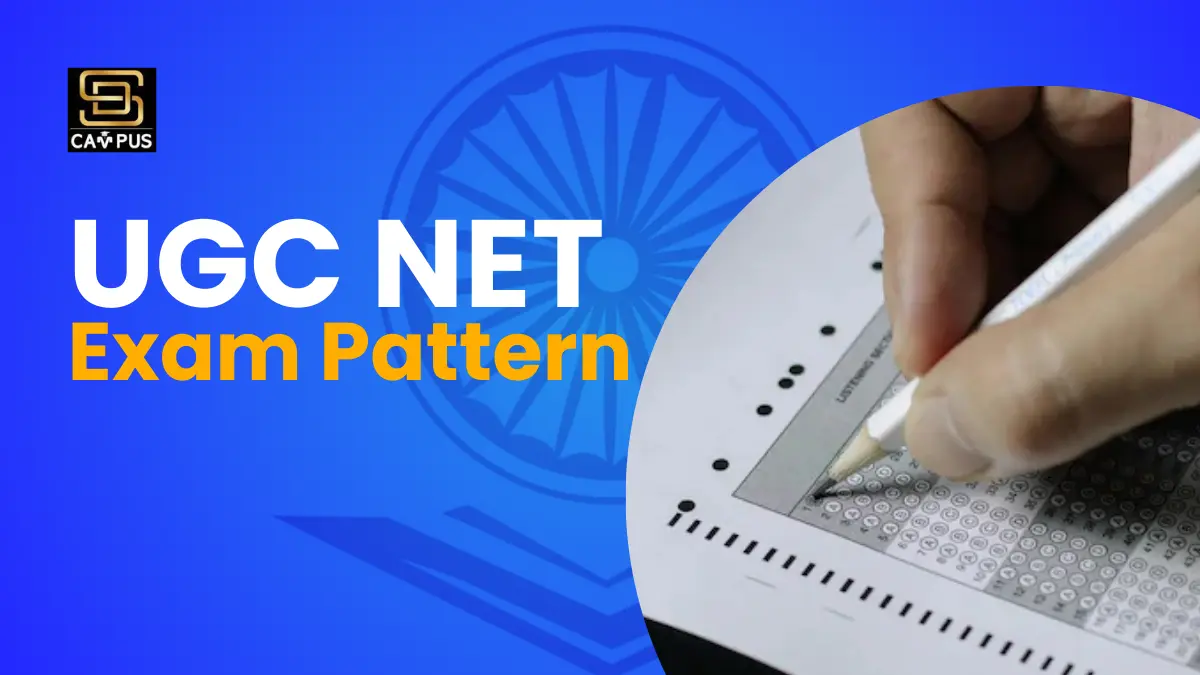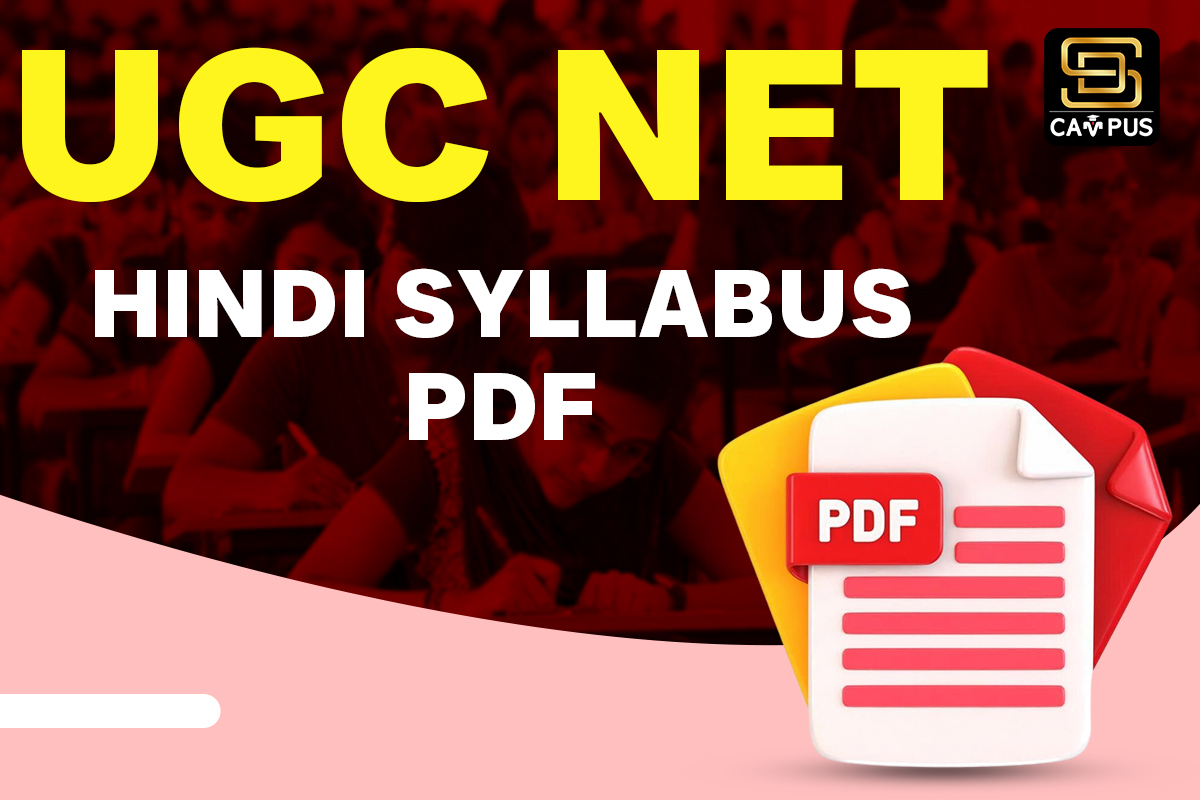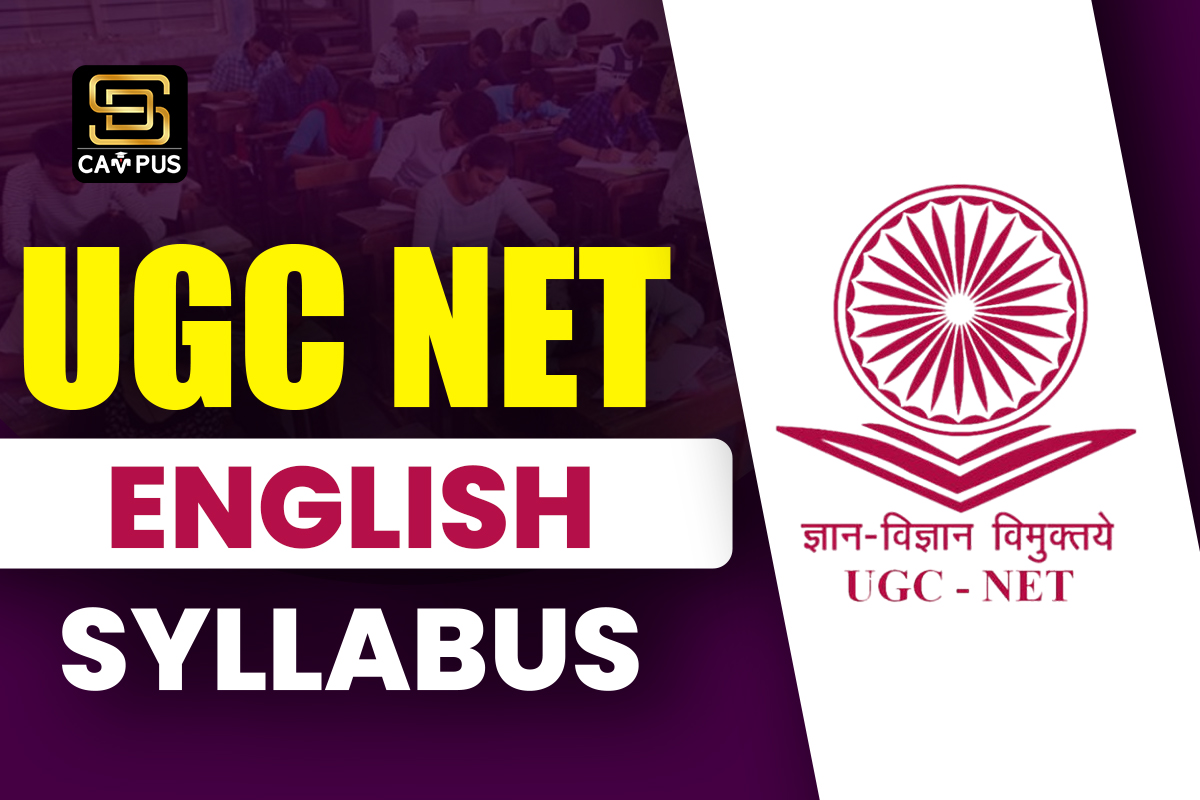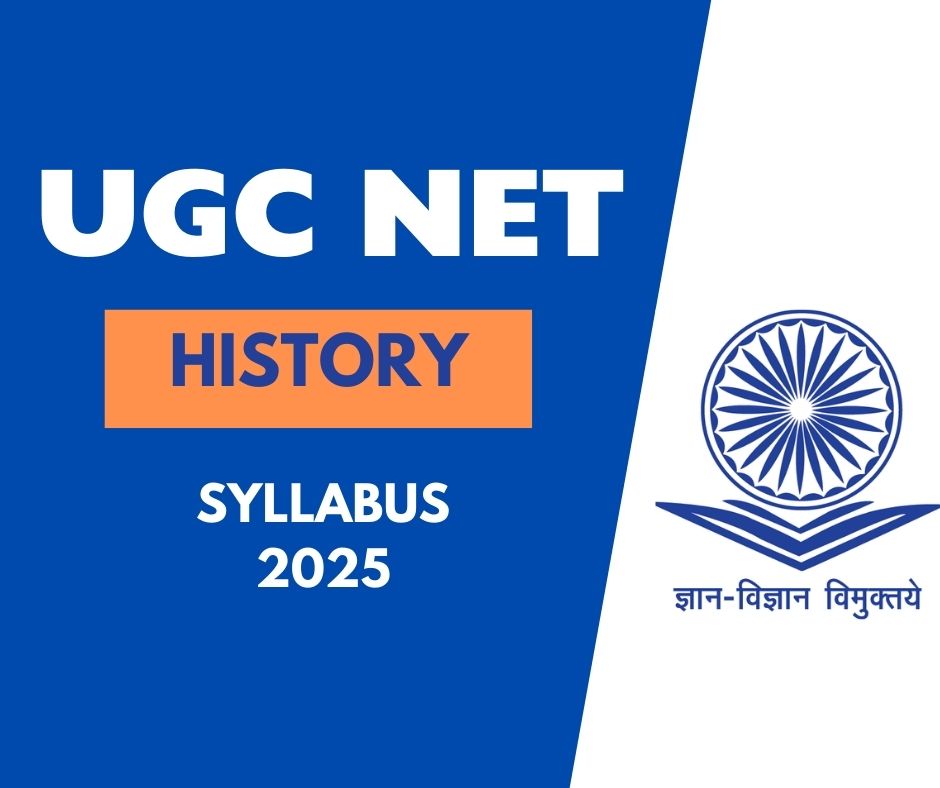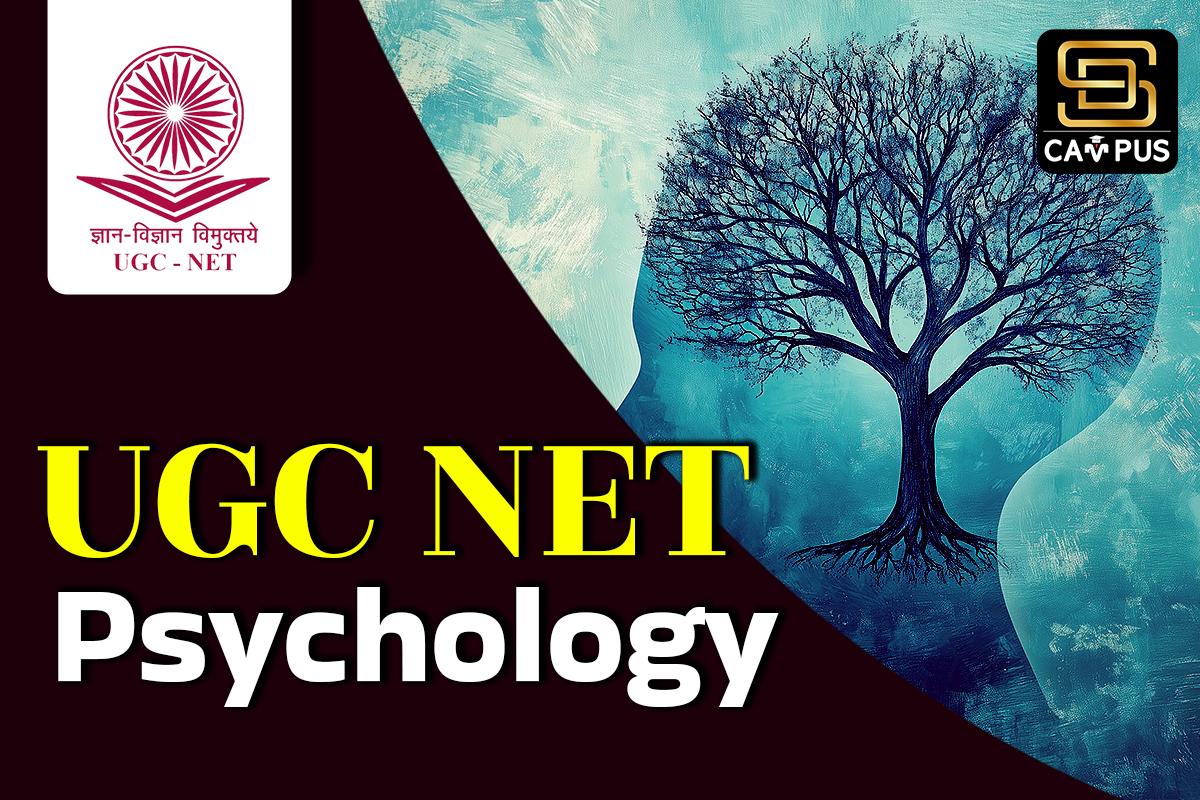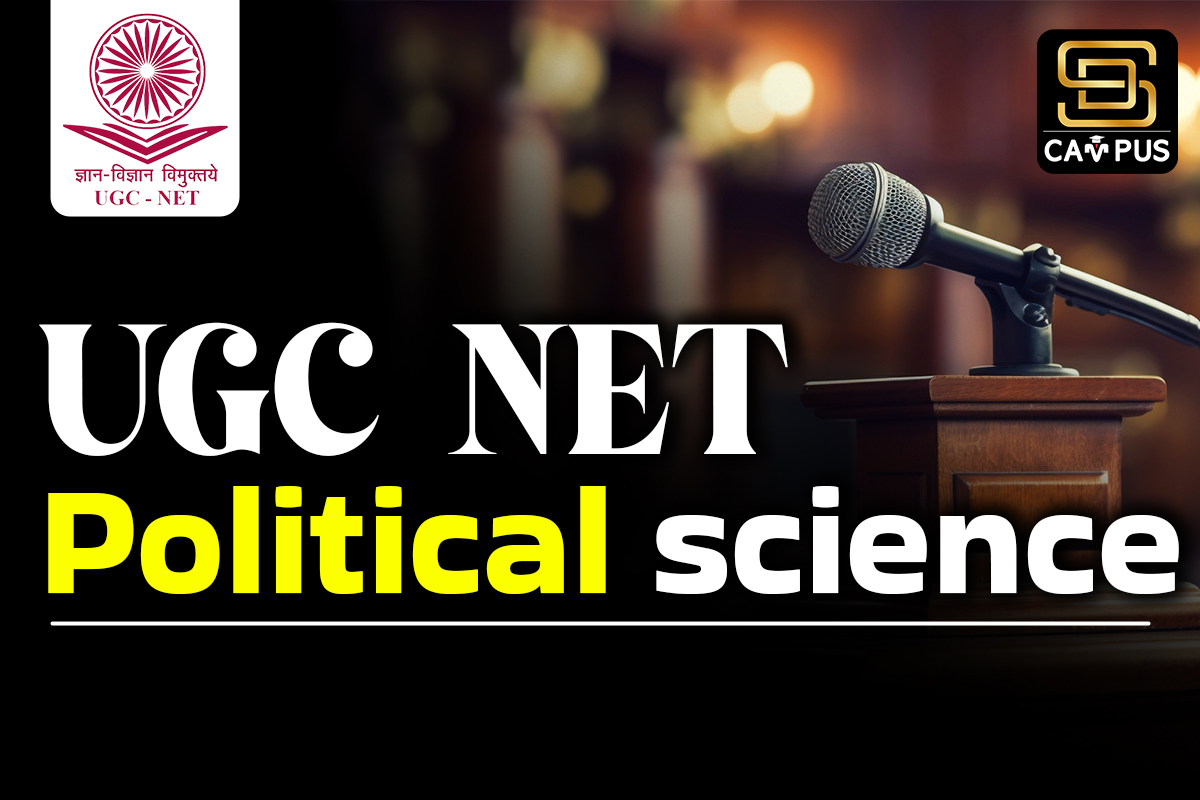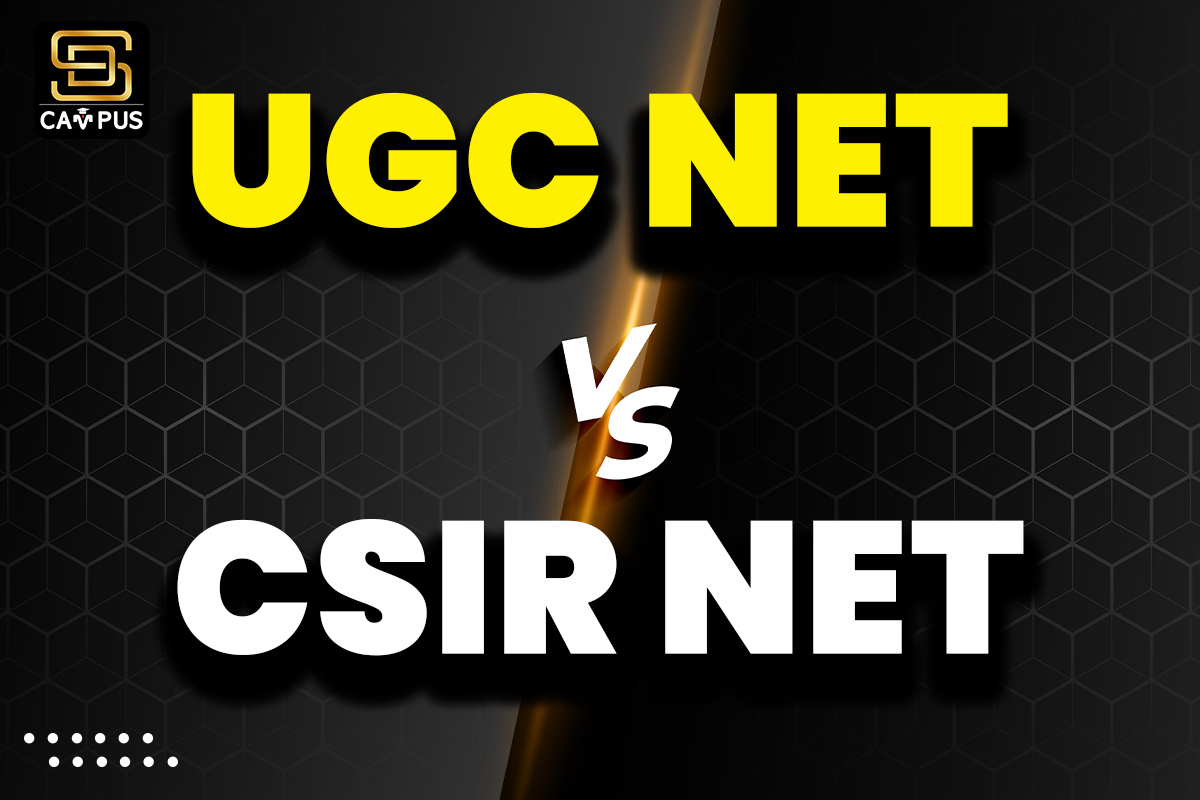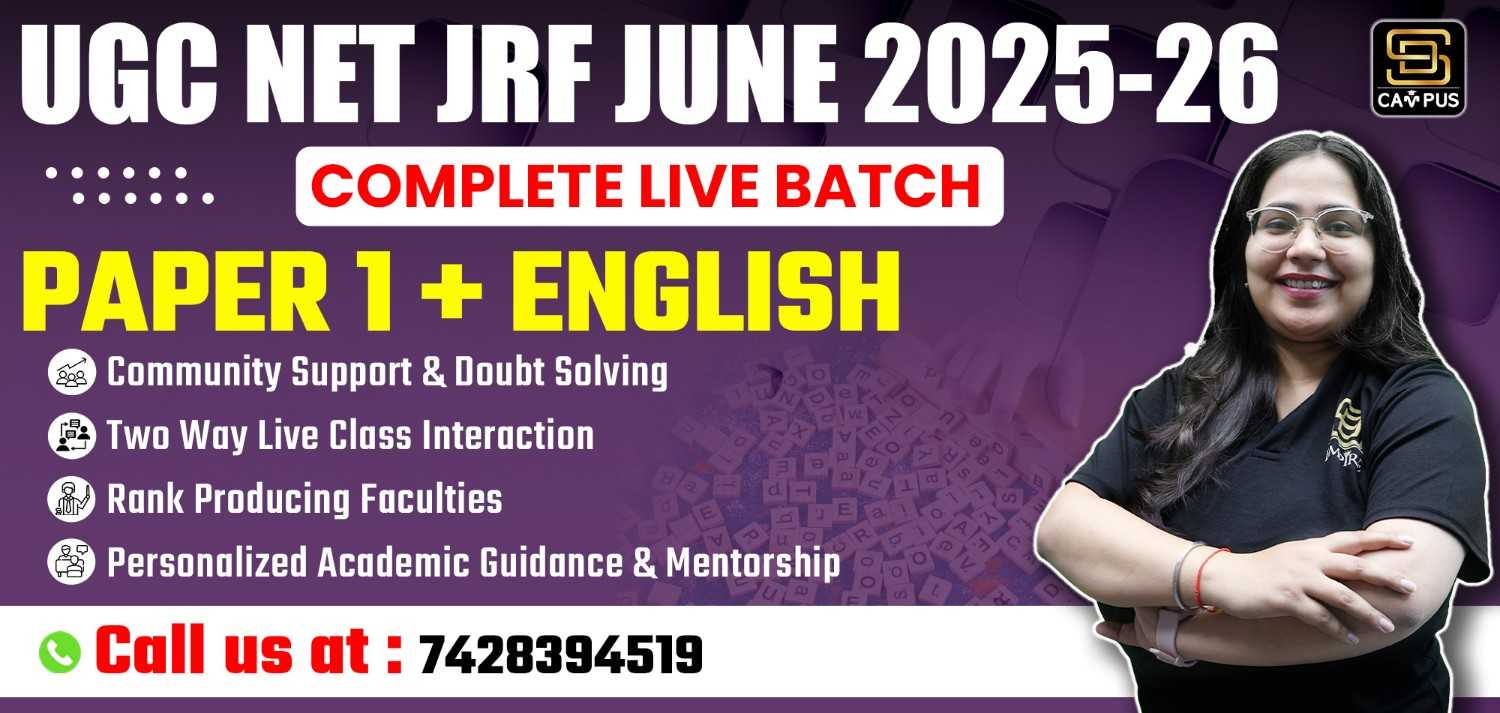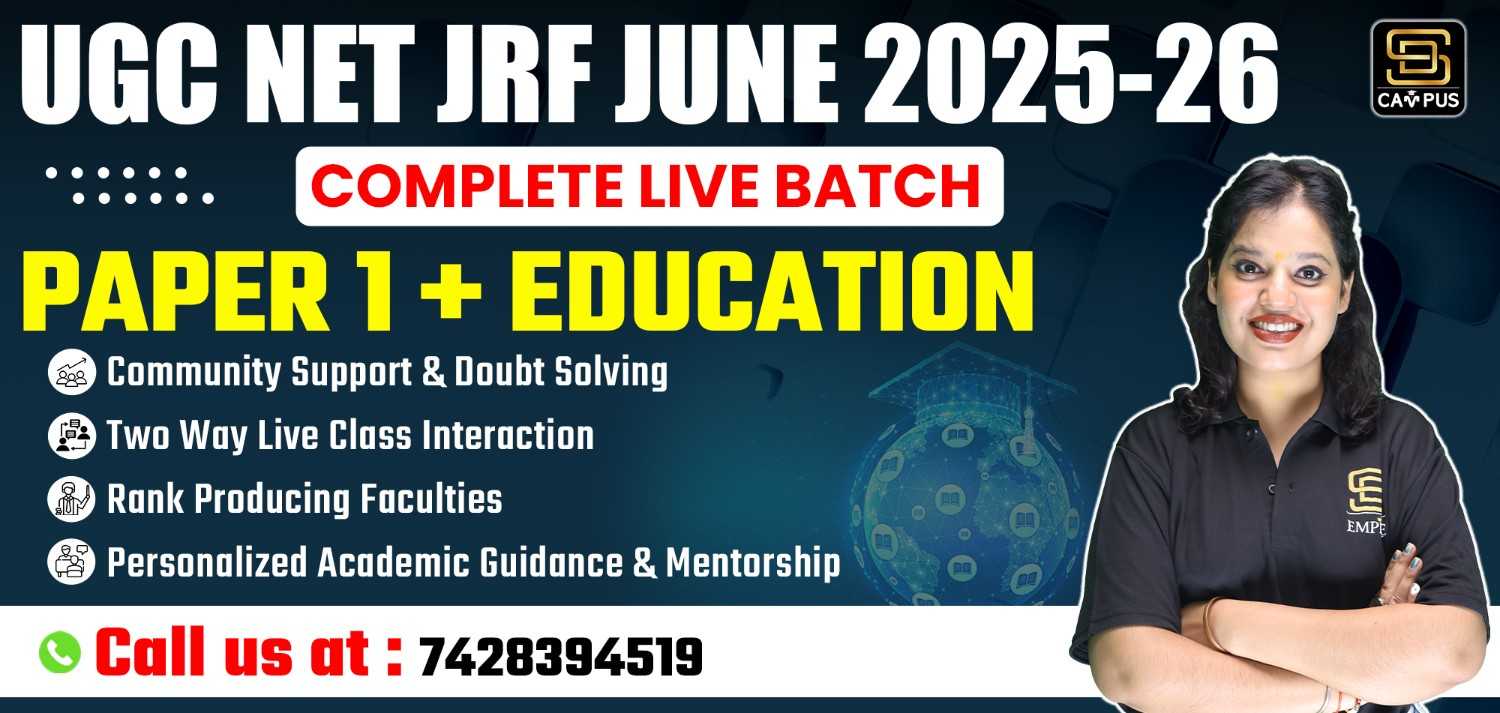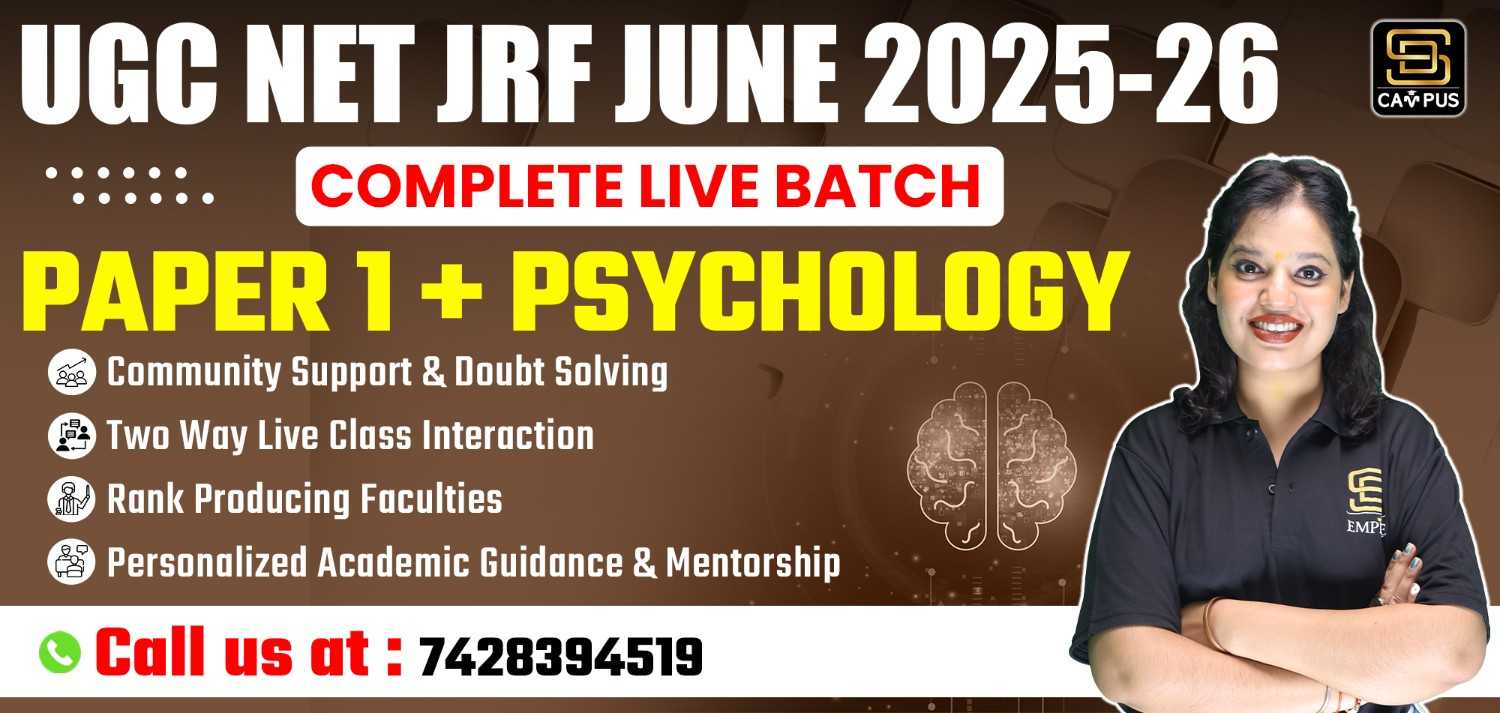The UGC NET syllabus 2025 plays a crucial role in exam preparation. There are two papers in the exam, and for both, the syllabus is different. Paper 1 is all about the topics covering the teaching knowledge for higher education and research aptitude. Paper 2 covers the subject-specific topic chosen by the candidate.
Candidates must ensure to prepare for exams through the updated syllabus in consideration of the NEP 2020. Keep reading the article for the detailed Paper 1 and Paper 2 syllabus, exam pattern, and exam cracking strategy in the first attempt.
Table of Contents
ToggleUGC NET Syllabus 2025 Revised
The new updated syllabus is applicable since the June 2025 NET exam as per the NEP 2020. For the UGC NET 2024 June session, 83 subjects were available for candidates as options. However, later for the UGC NET December 2024 session, candidates were given the option to choose from 85 subjects.
Earlier, the UGC national eligibility test syllabus was revised in 2017 for all the subjects and both papers. UGC chairman announced the syllabus revision on 03 Nov 2023.
UGC NET Syllabus 2025 Highlights
The UGC NET syllabus 2025 is essential for all the aspiring candidates of the UGC NET 2025. Moreover, having the basic information of the UGC NET exam is important too. So here’s the overview of the exam:
|
UGC NET Syllabus 2025- Highlights |
|
|
Organization |
National Testing Agency (NTA) |
|
Name of Examination |
UGC NET Exam 2025 |
|
UGC NET Exam Date 2025 |
To be announced |
|
Duration of Exam |
03 hours |
|
Total No. of Questions |
150 |
|
Total Marks |
300 |
|
Mode of Exam |
Online – CBT (Computer-Based Test) |
|
Marking Scheme |
02 marks for each correct answer |
|
No. of Subjects |
85 subjects |
|
Negative Marking |
No negative marking |
|
Official UGC NET Site |
|
UGC NET Exam Pattern 2025
The UGC NET 2025 exam will be conducted online as a computer-based test. Before going through the detailed NTA UGC NET Syllabus 2025, students should familiarize themselves with the updated UGC NET 2025 Exam Pattern, which is discussed below.
|
UGC NET Exam Pattern 2025 |
||
|
Aspects |
Paper 1 |
Paper 2 |
|
Number of Questions |
50 |
100 |
|
Total Marks |
100 |
200 |
|
Marks per Question |
2 |
2 |
|
Duration |
1 hour |
2 hours |
|
Negative Marking |
No Negative Marking |
No Negative Marking |
UGC NET Syllabus 2025
The first step in preparing for the UGC NET is to familiarize yourself with the UGC NET syllabus 2025. This helps candidates plan their preparation effectively. The UGC NET 2025 exam has two papers – Paper 1 is common for all candidates, while Paper 2 is based on the subject chosen by the candidate. Let’s look at the detailed UGC NET syllabus 2025:
UGC NET Syllabus 2025 for Paper 1
The UGC NET syllabus 2025 Paper 1 aims to assess the candidate’s aptitude for teaching and research at the higher education level. It covers a broad range of topics related to communication, logical reasoning, data interpretation, and the application of information and communication technology in the field of education.
It’s important to note that the UGC NET Paper 1 syllabus may be subject to minor changes from year to year, and candidates should refer to the official notification released by the UGC for the most up-to-date and accurate syllabus information.
UGC NET Syllabus 2025 for Paper 1: Important Topics
The following are the most important topics for paper 1:
- Mathematics and reasoning
- Teaching Aptitude
- Research Aptitude
- Comprehension
- Communication
- Logical reasoning
- Data Interpretation
- Information and Communication Technology (ICT)
- People, Development and Environment
- Higher Education System
UGC NET Paper 1 Syllabus PDF
Candidates who have applied for the UGC NET exam should check the UGC NET Paper 1 Syllabus PDF. There are a total of 10 units in Paper One. All the topics are related to the teaching and research methods. The PDF contains the detailed topics from all the chapters. We are attaching a download link here for the same.
UGC NET Syllabus 2025 for Paper 2
UGC NET Paper 2 syllabus covers the topic specific to the selected subject. Usually, there are 10 units in the syllabus released by the UGC for all the subjects. Candidates must prepare all the topics from the syllabus officially announced by the official site. Here is a direct link to download the UGC NET PDF for specific subjects.
Subject Wise UGC NET Syllabus 2025 Paper 2: Steps
UGC NET syllabus is available in English and Hindi. To download the subject-wise UGC NET Paper 2 Syllabus:
- Visit the official UGC NET website.
- Look for the “Downloads” or “Syllabus” section.
- Select your specific subject from the list provided.
- Click on the download link for the PDF syllabus.
UGC NET Subject List with Codes
|
UGC NET Syllabus 2025 for Paper 2 Subject List |
Subject Code |
|
Economics/Rural Economics/Co-operation/Demography/Development Planning/Development Studies/Econometrics/Applied Economics/Development Eco./Business Economics |
01 |
|
Political Science |
02 |
|
Philosophy |
03 |
|
Psychology |
04 |
|
Sociology |
05 |
|
History |
06 |
|
Anthropology |
07 |
|
Commerce |
08 |
|
Education |
09 |
|
Social Work |
10 |
|
Defence and Strategic Studies |
11 |
|
Home Science |
12 |
|
Public Administration |
14 |
|
Population Studies |
15 |
|
Music |
16 |
|
Management (including Business Admn. Mgt./ Marketing/ Marketing Mgt./ Industrial Relations and Personnel Mgt./ Personnel Mgt./ Financial Mgt./ Co-operative Management) |
17 |
|
Maithili |
18 |
|
Bengali |
19 |
|
Hindi |
20 |
|
Kannada |
21 |
|
Malayalam |
22 |
|
Oriya |
23 |
|
Punjabi |
24 |
|
Sanskrit |
25 |
|
Tamil |
26 |
|
Telugu |
27 |
|
Urdu |
28 |
|
Arabic |
29 |
|
English |
30 |
|
Linguistics |
31 |
|
Chinese |
32 |
|
Dogri |
33 |
|
Nepali |
34 |
|
Manipuri |
35 |
|
Assamese |
36 |
|
Gujarati |
37 |
|
Marathi |
38 |
|
French (French Version) |
39 |
|
Spanish |
40 |
|
Russian |
41 |
|
Persian |
42 |
|
Rajasthani |
43 |
|
German |
44 |
|
Japanese |
45 |
|
Adult Education/ Continuing Education/ Andragogy/Non-Formal Education |
46 |
|
Physical Education |
47 |
|
Arab Culture and Islamic Studies |
49 |
|
Indian Culture |
50 |
|
Labour Welfare/ Personnel Management/ Industrial Relations/ Labour and Social Welfare/ Human Resource Management |
55 |
|
Law |
58 |
|
Library and Information Science |
59 |
|
Buddhist, Jaina, Gandhian and Peace Studies |
60 |
|
Comparative Study of Religions |
62 |
|
Mass Communication and Journalism |
63 |
|
Performing Arts – Dance/ Drama/ Theatre |
65 |
|
Museology & Conservation |
66 |
|
Archaeology |
67 |
|
Criminology |
68 |
|
Tribal and Regional Language/ Literature |
70 |
|
Folk Literature |
71 |
|
Comparative Literature |
72 |
|
Sanskrit traditional subjects (including) Jyotisha/ Sidhanta Jyotish/ Navya Vyakarna/ Vyakarna/ Mimansa/ Navya Nyaya/ Sankhya Yoga/ Tulanatmaka Darsan/ Shukla Yajurveda/ Madhav Vedant/ Dharmasasta/ Sahitya/ Puranotihasa /Agama) |
73 |
|
Women Studies |
74 |
|
Visual Art (including Drawing & Painting/ Sculpture/ Graphics/ Applied Art/ History of Art) |
79 |
|
Geography |
80 |
|
Social Medicine & Community Health |
82 |
|
Forensic Science |
82 |
|
Pali |
83 |
|
Kashmiri |
84 |
|
Konkani |
85 |
|
Computer Science and Applications |
87 |
|
Electronic Science |
88 |
|
Environmental Sciences |
89 |
|
Politics, including International Relations/ International Studies, Defence/ Strategic Studies, West Asian Studies, South East Asian Studies, African Studies, South Asian Studies, Soviet Studies, American Studies |
90 |
|
Prakrit |
91 |
|
Human Rights and Duties |
92 |
|
Tourism Administration and Management |
93 |
|
Bodo |
94 |
|
Santali |
95 |
|
Yoga |
100 |
|
Sindhi |
101 |
|
Hindu Studies |
102 |
UGC NET Preparation Strategy
Aspiring candidates need to leverage their preparation if there is less time remaining for preparation. Here are all the things one can do to ensure a worthwhile exam preparation:
- Go through the syllabus and not the exam pattern.
- Gather the reading material specific to the subject selected for Paper 2.
- Paper 1 is the same for everyone, so find the best book including all the topics.
- Then practice mock tests time and again till the exam date for efficiency.
|
Related Articles |
|
Frequently Asked Questions (FAQs)
Ques 1: Will the UGC NET syllabus change in 2025?
Ans 1: Yes, the new syllabus is applicable for the UGC NET 2025 exam.
Ques 2: What is the pattern of the UGC NET syllabus?
Ans 2: The UGC net exam pattern involves two papers of 150 questions.
Ques 3: What is the syllabus of UGC NET Paper 1?
Ans 3: The syllabus of UGC Paper 1 includes topics related to teaching and research, and general awareness.
Ques 4: Is it possible to finish the whole syllabus of UGC NET in 3 months?
Ans 4: Yes, however, the candidate should prepare for the UGC NET exam strategically.
Ques 5: Does the UGC NET syllabus change every year?
Ans 5: No, the UGC NET syllabus doesn’t change every year.
Archna is a University of Delhi graduate. She has 2 years of experience as a Content Writer in education, finance, and tech writing. She aims to create informative, clear, and concise user-friendly content. For the SD campus, she writes for: Teaching exams, Government Jobs, and School Entrance exams.

